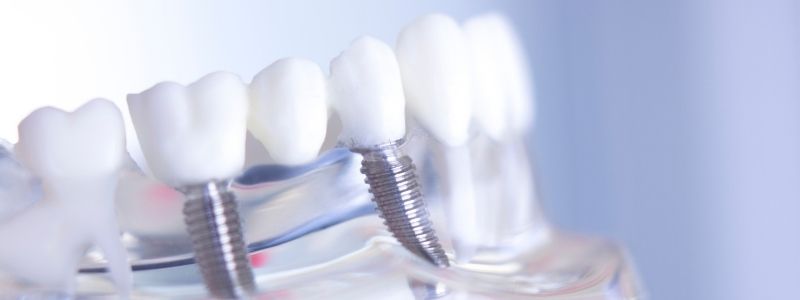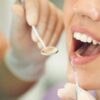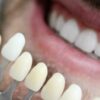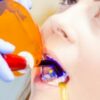Tobacco affects the outcome of almost all oral therapies. The failure rate of osteointegration inserts is significantly higher in smokers, and oral hygiene assessments alongside implants and the risk of peri-implants are affected by smoking. Many smokers wonder if they are still eligible for surgery on dental implants and whether the procedure will be successful.
It is possible to get a royal entry as a smoker, although you have to put your character aside to get the best chance of success. While smokers face many other challenges in caring for a toothbrush, proper care can still lead to the smile you will love. A dental implant is a great solution for a tooth that has fallen out or has been removed, recently or a long time ago, but there is still a big gap between your teeth. They are strong, durable, but a lot of stuff in your mouth, and hopefully keep them there.
Smoking is not a good idea whether you have implants or not. It is not the nicotine problem, as it is addictive, but everything else found in tobacco burns – thousands of thousands of toxic chemicals, at least 70 of them know that it causes various cancers in the human body. In addition to leading to poor circulation, it also leads to reduced oxygen supply to red blood cells, so you have no income.
From the royal point of view, smoking can cause many problems, especially the obvious fact that smokers are twice as likely to chew gum as non-smokers, and as you smoke, the risk is higher. Obviously, this would be problematic for dental inserts, increasing the chances that they would collapse.
Does Smoking Affect Dental Implants?
Due to the harmful effects of nicotine, tobacco, and smoke, dental surgery for all smokers will not be successful. Many side effects of smoking can prevent tooth decay:
Smoke damages the gums and surrounding bones: Smoke burns the tissue inside your mouth, and it can damage or block the salivary glands, leading to dry mouth. Lack of fluid can lead to tooth decay and gum disease, which causes bone and gums to support your insertion. Nicotine reduces the therapeutic and protective effects of the immune system: Nicotine, if administered by cigarettes or a nicotine patch, blocks oxygen and blood flow to your bones and tissues. Because you need oxygen and blood circulation to heal, exposure to nicotine reduces your body’s immune system and overall healing power.
Tobacco and nicotine prevent bone marrow transplantation: not only does the lack of blood circulation and oxygen reduce the ability to heal properly, but it can also affect osteointegration – the binding of your skin. Clinical trials have shown that smokers have a higher risk of osteointegration failure than non-smokers.
As with any surgery, you will need to follow the surgeon’s instructions before surgery and after surgery to ensure the best chance of success, such as planning your diet, drinking alcohol, and smoking. Although it is recommended that you quit smoking as soon as possible before surgery, it is advisable to quit smoking at least a week or two before your procedure. The time it takes to be able to smoke after surgery may vary, but it is recommended that you wait two to three months to get the best chance of osteointegration.
During the first few days after surgery, your body produces blood clots that prevent food and bacteria from entering the site. Practices such as breathing in smoke, spitting, or drinking grass can loosen these blood vessels and cause dryness – an unbearable painful condition. It is especially important not to smoke during these 72 hours.
What happens if you smoke with dental implants?
In the first process, the screw is inserted into the bone and the jaw is expected to heal. After recovery, the installation of the tooth takes place by opening the place where the screw is located. In this process, a seam is sewn to the place where the screw is inserted. Even if the suture is removed, smoking in the process negatively affects the fusion of the implant with the bone. In the worst case, the use of smoking, which adversely affects the attachment of the implant to the bone, should be minimized in the treatment process or even completely stopped if possible. Although implant treatment is known as a treatment that offers a lifelong solution, smoking before, during and after treatment reduces the success rate as well as the duration of the treatment.
References:
https://www.ncbi.nlm.nih.gov/pmc/articles/PMC3894084/


Dentist Yasin Yılmaz was born in 1994 in Kayseri. In 2017, he graduated from Hacettepe University Faculty of Dentistry with a successful degree. In 2017, he began working as a dentist and medical director at a private clinic. In September 2018, he joined Ersoy Hospital Dental Department team where he still works







